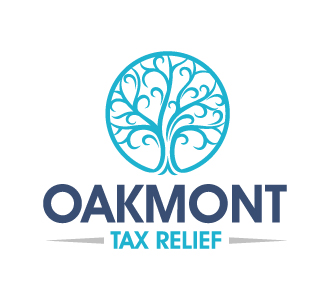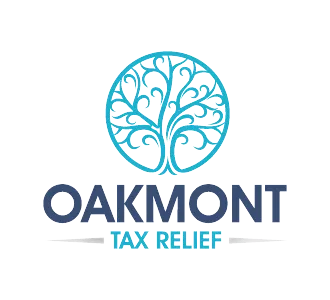What Is the IRS 4180 Personal Interview?
What Is the IRS 4180 Personal Interview?
The IRS conducts a 4180 personal interview if a business owes employment taxes or 941 taxes. It tries to find the person responsible for handling the financial affairs of the business. He is the one to face the interview. A portion of the employment taxes, called the trust fund, can be assessed if the company owes employment taxes to the IRS. The IRS will find out the responsible parties and interview them to recover its trust fund.
This interview is part of an investigation process that helps the IRS determine who is responsible for evading employment taxes. The IRS may request interviews from partners, officers, employees, and shareholders. A local IRS Revenue Officer will conduct the interview.
How does the interview take place?
The Revenue Officer uses an IRS Form 4180 to conduct the interview. This form contains essential questions that allow the officer to get an idea about the guilty person(s). Every suspect gets the same form. That means the questions are the same. The Revenue Officer must conduct the interview in person or over the telephone. He cannot ask all the suspects to come to one room and fill out the answers in the form. Individual answers in different forms allow the IRS to review the forms of different suspects for consistency to determine who the culprit is.
According to the IRS rules, the Revenue Officer must not provide the 4180 personal interview form to the suspects before the meeting. He can go through the questions in each form to verify whether they are consistent. Any inconsistency may lead to confusion later.
Should you go for the interview?
You may wish to opt out of the interview. But it's wise not to. This will avoid unwanted suspicion. If you are confident that you played no part in tax evasion, then the interview will help prove your innocence. However, if you don't go for the interview even after getting a notification from the IRS, you may have to meet them eventually and answer why you didn't attend the Trust Fund Investigation.
The IRS may send you a summons. You need to provide relevant documents that provide enough information for your absence. Some of the documents you may need to provide are as follows:
• Copies of canceled business checks
• Copies of business bank statements
• Copy of LLC formation
• Copy of bank signature cards
Make sure you answer the questions asked carefully to avoid suspicion and further questioning by the Revenue Officer.

